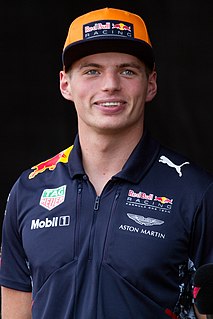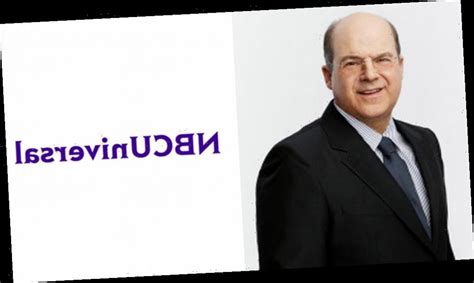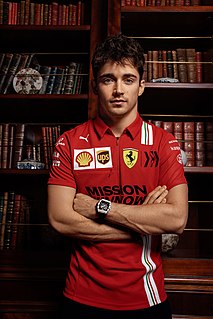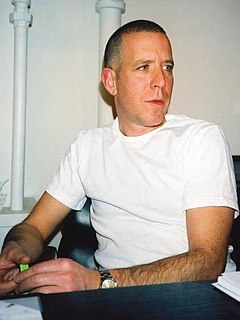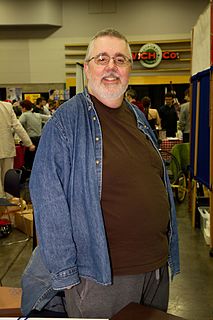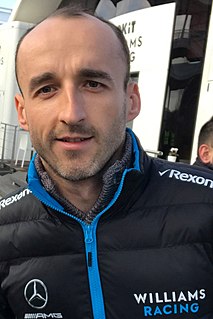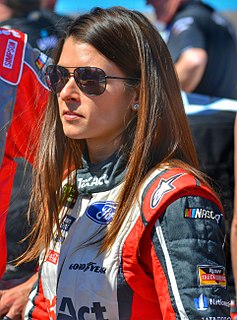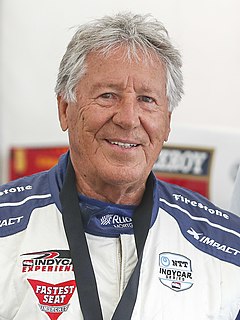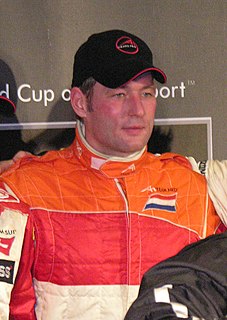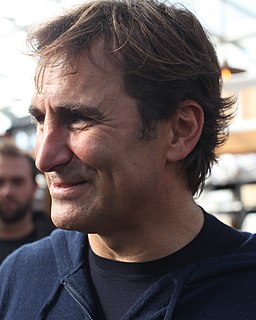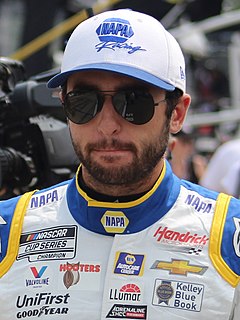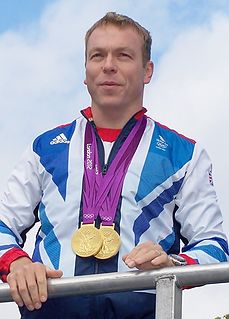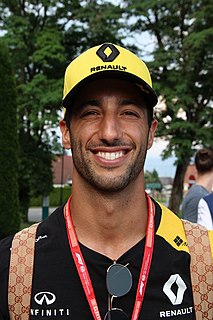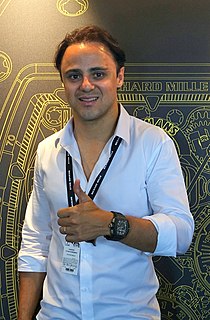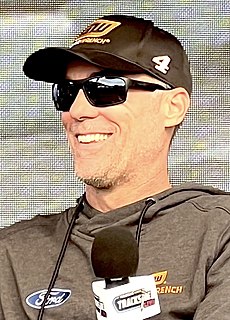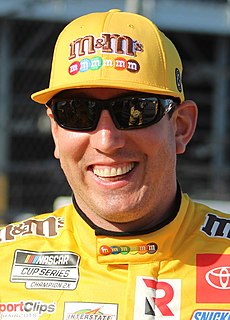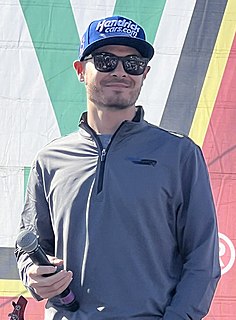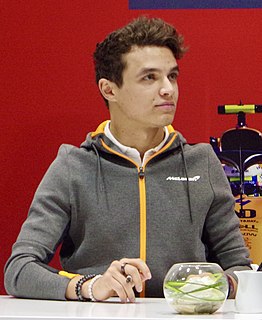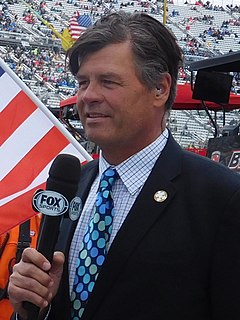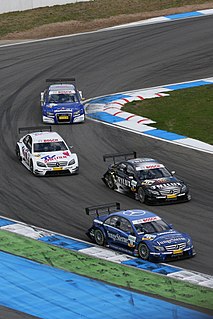A Quote by Max Verstappen
If you haven't really raced a lot in lower categories, and you make the jump to Formula One, you have to learn in Formula One, and a lot more people are watching.
Quote Topics
Related Quotes
We love Formula One and think Formula One's great. But we think Formula E is different. We would be making a big mistake if we tried to compete with Formula One and be similar to Formula One, we have to be radically different to Formula One to have a chance of survival. I don't mean survival by beating Formula One but co-existing complimentary to Formula One.
You've got different governments and manufacturers saying, 'Oh, we'll be electric and autonomous by 2030 or whatever.' In my view Formula One is at a crossroads. What is its purpose? We have Formula E, and a lot of manufacturers are morphing into that area. But the emotion, the entertainment, the excitement of those cars just isn't there.
Look, if somebody said tomorrow, "We're making a Lethal Weapon formula movie, but it's incredibly well-written and for two women," I'm not going to say, "Oh, forget it, it's formula." I got an idea the other day, that somebody should write a typical formula movie, a Lethal Weapon, and make it with me and my dad. It could be all father-and-daughter capers. But I'd want someone really weird to direct it.
